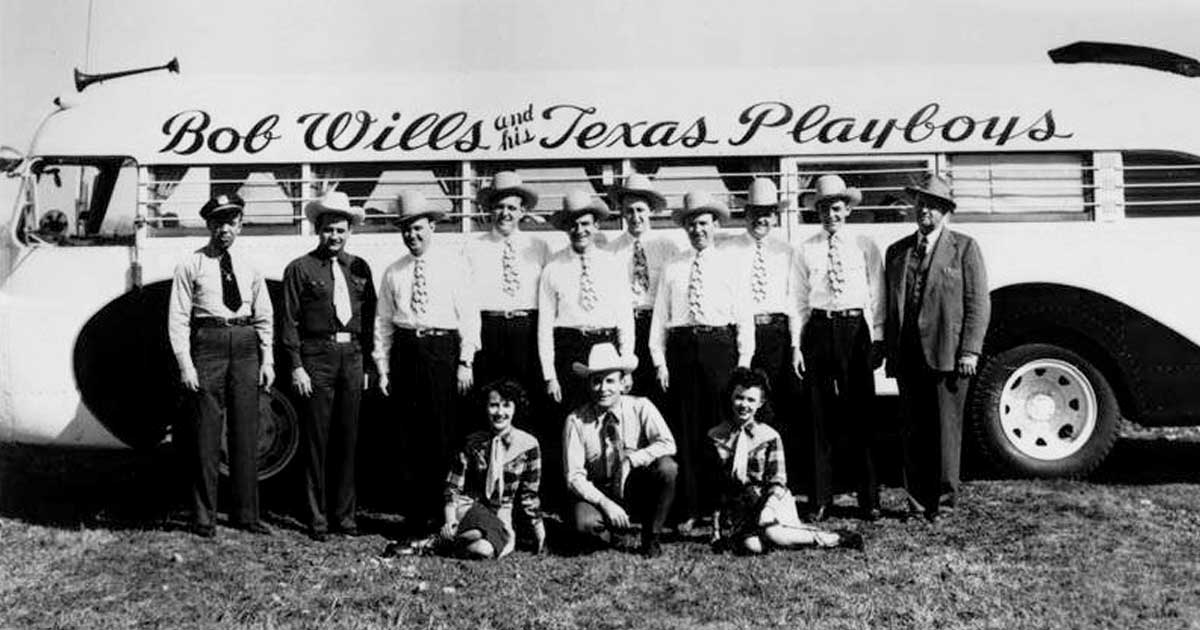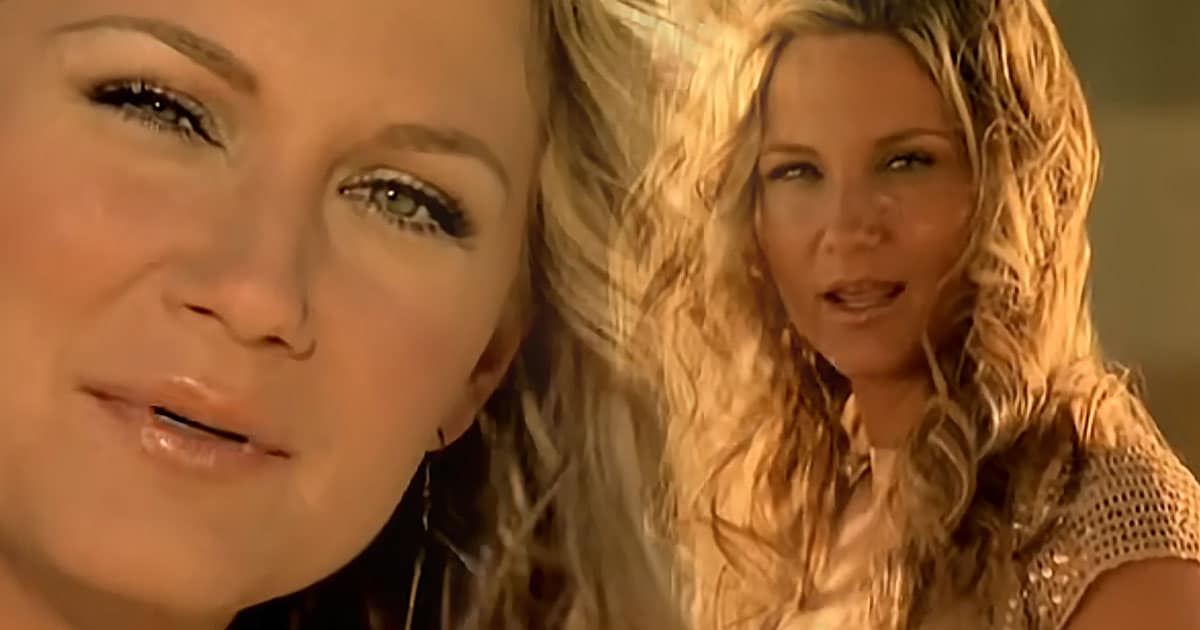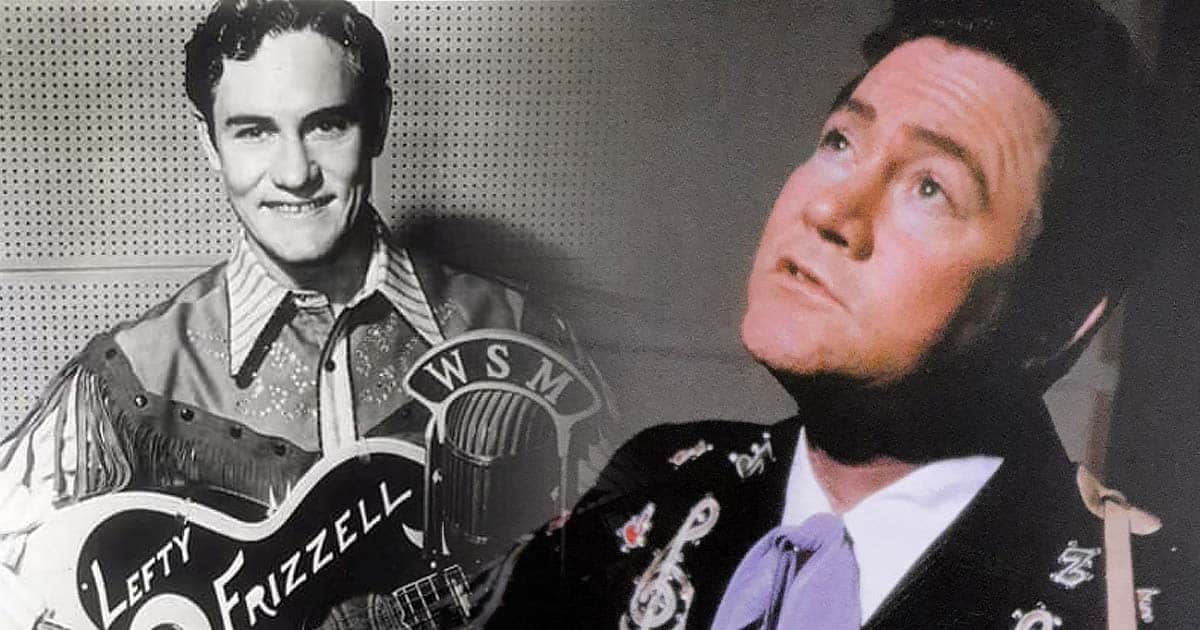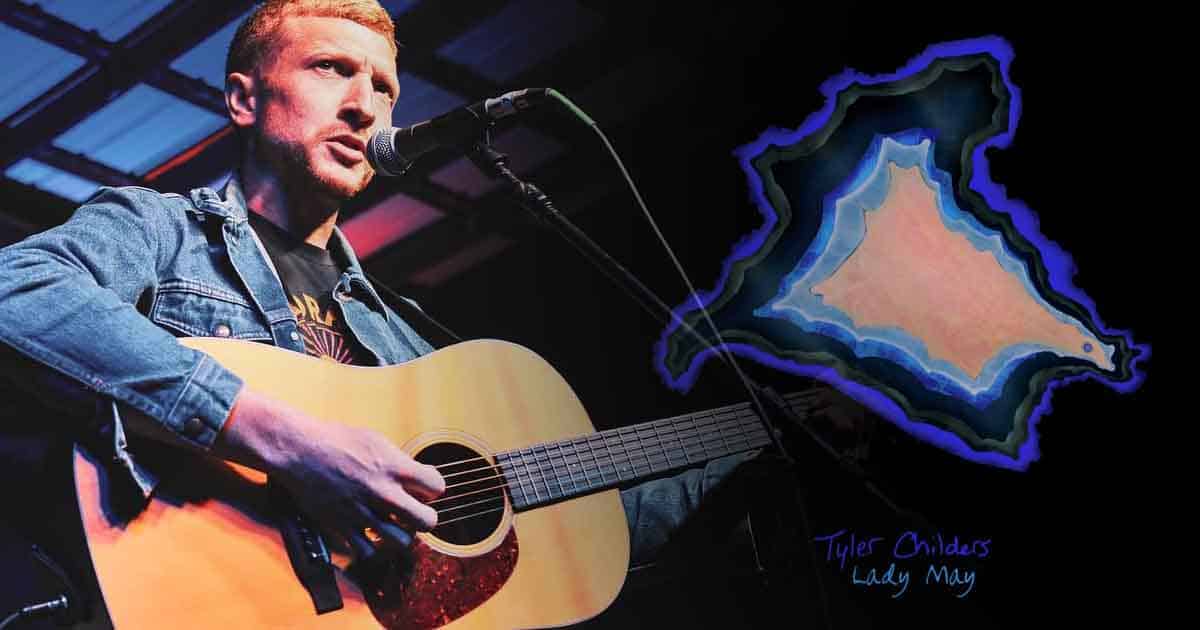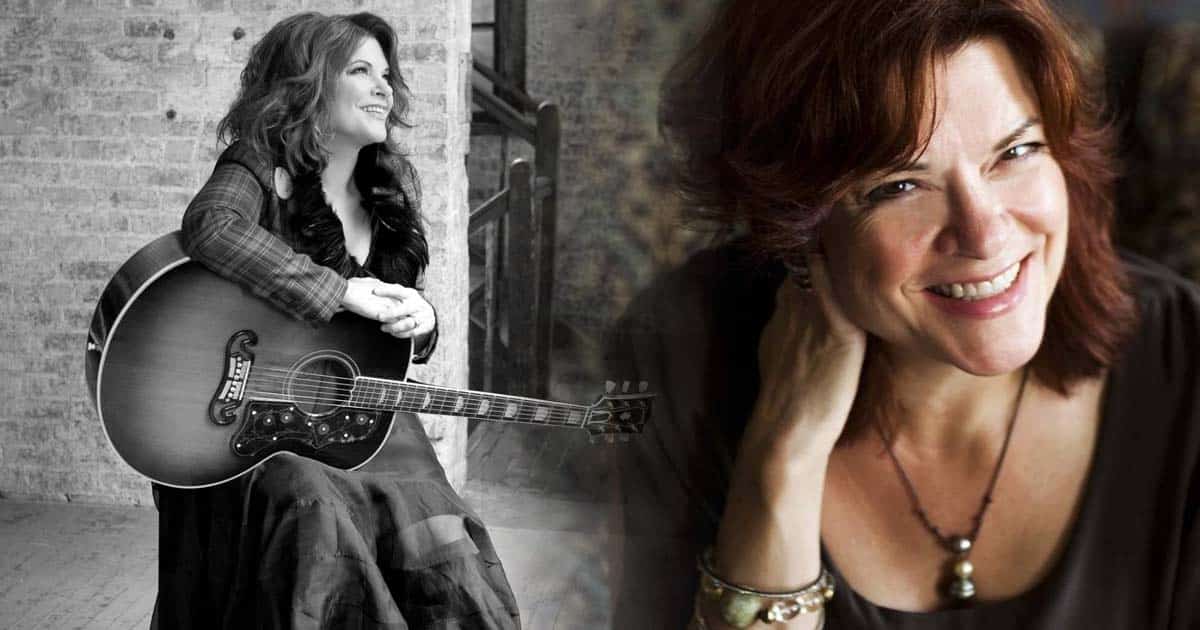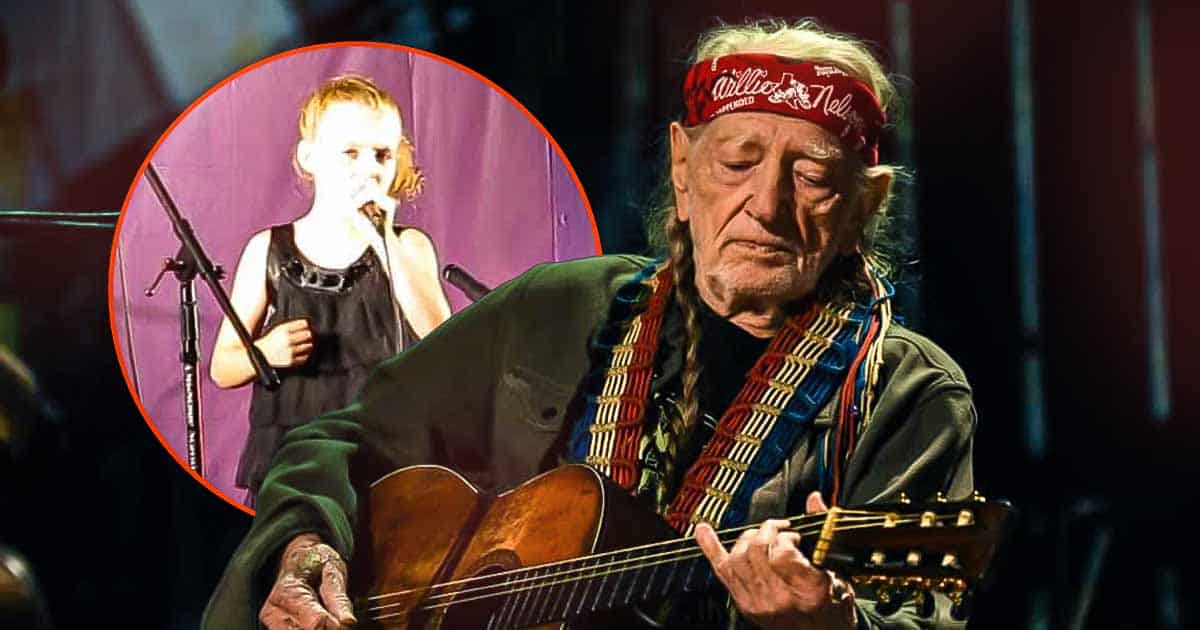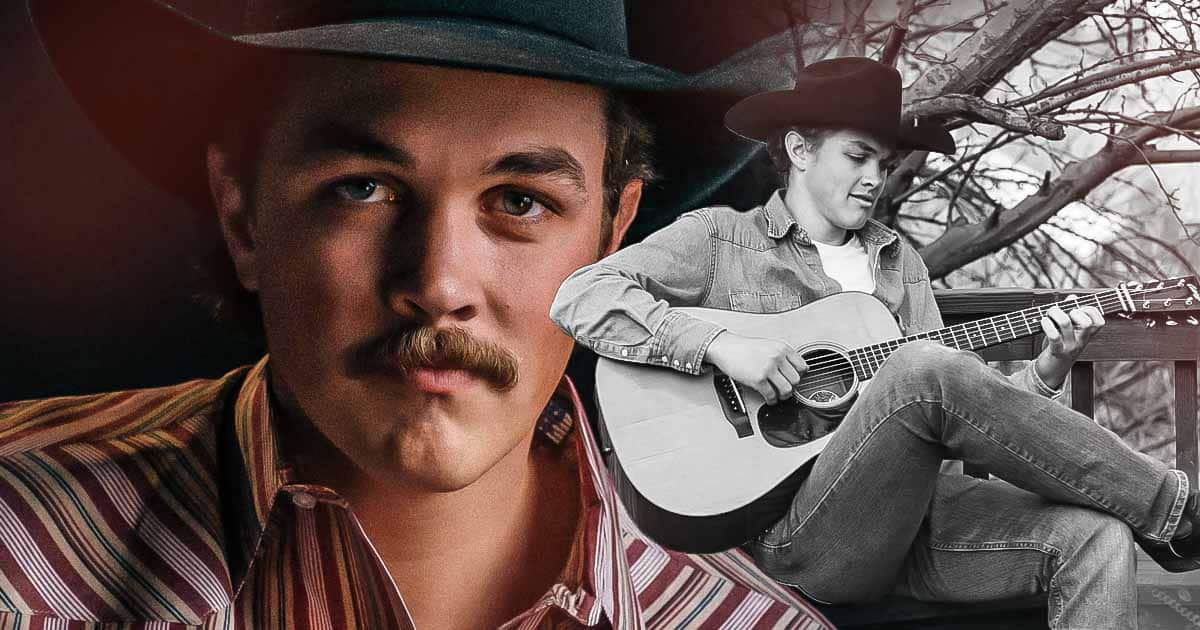King of Western Swing Bob Wills and his Texas Playboys were reckoned rock stars on both the Country Music Hall of Fame and the Rock and Roll Hall of Fame. Besides their inarguably essential contribution to the Texan tradition, he and his band were also regarded as early influencers of the rock ‘n roll genre.
Here’s a salute to their eight decade-legacy.
Career
After a long time playing the fiddle with his small group, Bob Wills relocated to Waco, Texas. He later formed a band which he called “The Playboys.” Soon enough, Wills and the band found a bigger market in Tulsa, Oklahoma where they moved and settled. The band would, later on, be renamed as the “Texas Playboys.” They began broadcasting their noon shows over the KVOO radio.
Wills made some innovations to their music. He added two trumpets by hiring Everet Stover and the young sax player Zeb McNally. To create a fuller sound, Wills added a drummer to their group, Smoky Dacus. In March 1935, Wills again invited another formidable musician, Leon McAuliffe who played the steel guitar and an engaging second vocalist.
In September 1935, Bob Wills and his Texas Playboys had their first recording and by 1940, “New San Antonio Rose” sold a million records. The single also became the band’s signature song.
Film
The ’40s was when Bob Wills and his Texas Playboys are at the peak of their success in the music industry. As influential figures, filmmakers and producers reached out and had them featured in their films.
Here are some of the films for reference: The Lone Prairie (1942), Riders of the Northwest Mounted (1943), Saddles and Sagebrush (1943), The Vigilantes Ride (1943), The Last Horseman (1944), Rhythm Round-Up (1945), Blazing the Western Trail (1945) and Lawless Empire (1945).
When World War II loomed in 1942, other band members left and Wills decided to attend the army. Wills, however, received a medical discharge a year after.
Swing Era
In 1943, Wills worked on re-organizing the Texas Playboys. He would later on move to Hollywood where most of his fans in Tulsa had also moved following the great depression. At some point, Wills had a 23- member band. Subsequently, they went touring across California.
In 1944, Bob Wills and his Texas Playboys were invited to play at the Grand Ole Opry. Several artists that played swing like Pee Wee King and Paul Howard was at the roster of the show. But one thing was not allowed in the Grand Ole Opry at that time. It was the use of the drums. Not budging on the said conditions, Wills insisted that without his drummers, he would not play on the show. This led to the Grand Ole Opry board to allow drums in the show.
Bob Wills and his Texas Playboys grew to become a national figure and authority for the southern swing. They outgrew local swing bands and was breaking record after record when crowds kept pouring in their shows.
Later Years
Wills would later on experience rough tides in his life; from dishonest managers handling his club in Texas leaving him in much debt, to the changing trend in radio stations which focuses only on one genre. After racking 10 more hits in the ’50s including “Ida Red Likes the Boogie” and “Faded Love,” he did not find a place in either country or pop.
Despite the lack of success in his later years, Bob Wills and his Texas Playboys legacy is widely acclaimed. Bob Wills, specifically, was a great influence on various singers long after he is gone. Among them were Buck Owens, Merle Haggard, and Waylon Jennings who fondly played a tributary song, “Bob Wills is Still the King.”

